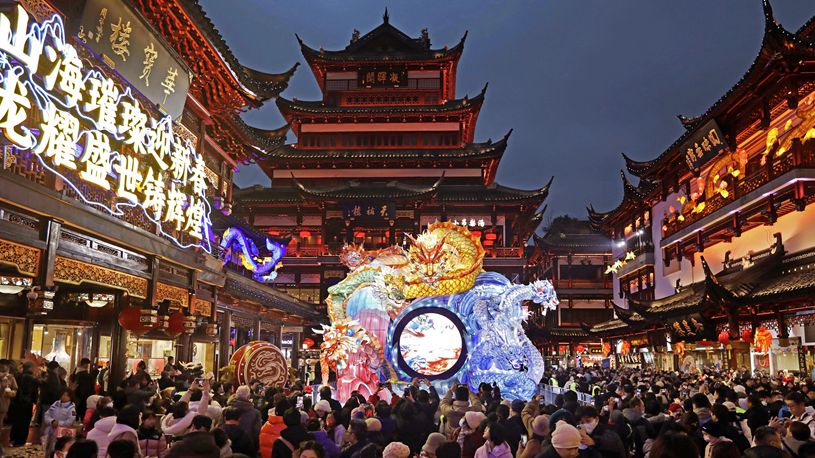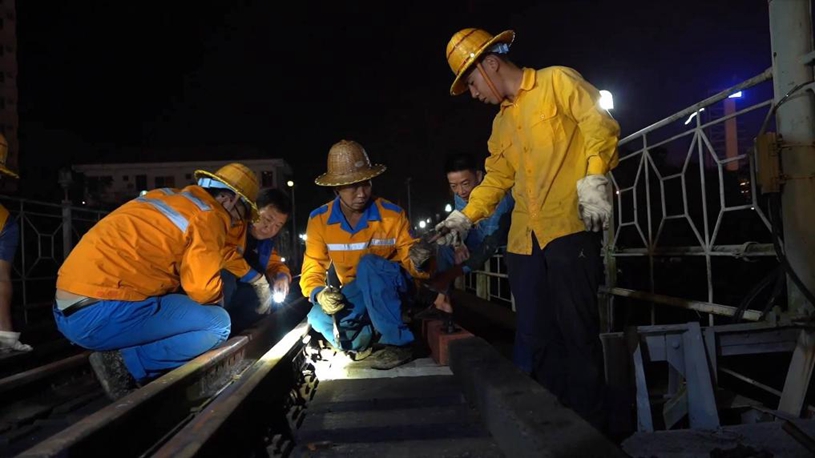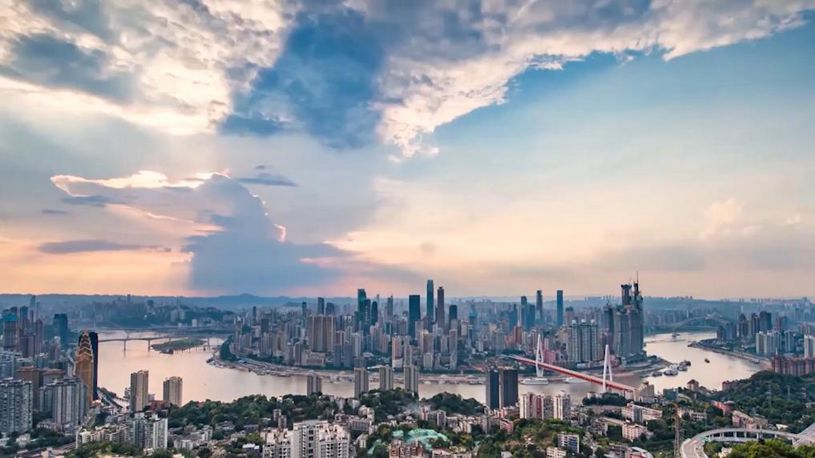U.S. interventions in Latin American countries was not limited to military means. "There was a combination of what they called soft power and hard power," noted Venezuelan historian Amilcar Figueroa.
BEIJING, Jan. 22 (Xinhua) -- In April 2009, during the Fifth Summit of the Americas, then president of Venezuela Hugo Chavez gave his U.S. counterpart Barack Obama a book titled "The Open Veins of Latin America," which eloquently argues that the West has long plundered the region's natural resources to bankroll its own progress.
What the author Eduardo Galeano referred to as the "underground gold and silver veins" had been exploited for centuries and the mineral wealth exported to other lands. "The underdevelopment of Latin America derives from the development of others and it continues to feed it," he wrote.
After more than 300 years of European colonial rule, Latin America no sooner saw the dawn of national independence in the early 19th century than Uncle Sam broke in, vying for its rich resources.
In December 1823, James Monroe, the fifth American president, delivered a speech to Congress proclaiming "America for Americans." And the United States has since been obsessed with the Monroe Doctrine to hold sway over Latin American countries, unscrupulously launching coups, invasions and sanctions whenever necessary.
Today, the Monroe Doctrine persists, bleeding dry the "veins" of Latin Americans, undermining their national security and stymieing their social development.
On the afternoon of Feb. 4, 2020, then U.S. President Donald Trump introduced Juan Guaido to lawmakers at the Congress, calling him "the true and legitimate president of Venezuela."
As early as 2005, Guaido, then a Venezuelan "student leader," received "insurrection" training funded by the U.S. National Endowment for Democracy. He returned to his country to preach far-right ideas among the youth, and plotted a series of violent political demonstrations.
After Venezuelan President Nicolas Maduro won reelection in 2018, Washington pulled the strings behind Guaido in a bid to overthrow Maduro's government. Under U.S. coercion, more than 50 countries and the European Union recognized Guaido's so-called "legitimate presidential status."
Jesus Marcano, a Venezuelan political analyst, said the existence of "interim president" Guaido was sustained "by American will and financing, and it was the White House that decided, in keeping with its interests, until when the farce would be sustained."
Through persistent disinformation campaigns and propaganda masquerading as entertainment, the United States has been selling the idea of "American-style democracy" and attempting "color revolutions" in Latin America, not least a "hip-hop revolution" to try to overthrow the Cuban government, and an attempt to spread disinformation to weaken public support for the Arbenz government in Guatemala and the Allende government in Chile.
U.S. interventions in Latin American countries was not limited to military means. "There was a combination of what they called soft power and hard power," noted Venezuelan historian Amilcar Figueroa.
Latin Americans, now keenly aware of U.S. interventionist policies as the continuation of the Monroe Doctrine, have called for greater regional integration to defend their interests.
As William Jones, Washington Bureau chief of U.S. newsmagazine Executive Intelligence Review, has said, one should relegate the Monroe Doctrine to its proper place in the annals of history and stop pretending that it has any relevance to today's world, a world of independent sovereign states, in the Americas and beyond. ■












